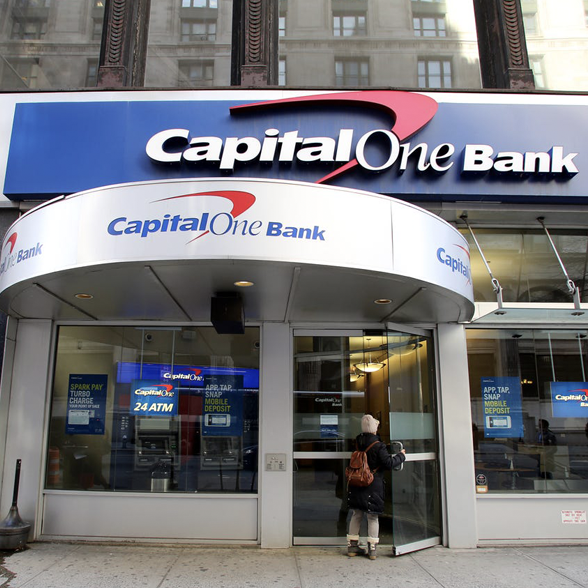
Capital One to Ditch Overdraft Fees, Giving Up $150 Million in Annual Revenue
On Wednesday, Capital One became the largest U.S. bank to say it will do away with all overdraft and insufficient fund fees for retail banking consumers. The hefty fee is typically $25 to $35 for each overdraft.
This measure comes as regulators tighten their oversight of institutions that depend heavily on overdraft fees. On the same day, the Consumer Financial Protection Bureau (CFPB) announced it would take action against banks whose practices take advantage of financially vulnerable consumers.
“Rather than competing on quality service and attractive interest rates, many banks have become hooked on overdraft fees to feed their profit model,” CFPB Director Rohit Chopra said in a statement. “We will be taking action to restore meaningful competition to this market.”
Capital One said eliminating overdraft fees is part of its longterm goal of “reimagining banking.”
“Eliminating overdraft fees is another step in our effort to bring ingenuity, simplicity and humanity to banking,” Capital One CEO Richard Fairbank said in a statement.
“We expect the vast majority of current bank customers, as well as the vast majority of overdraft users, to be eligible for free overdraft protection,” Fairbank said. “The same is true for our low and moderate income customers.”
Image source: Business Insider


 Previous
Previous
